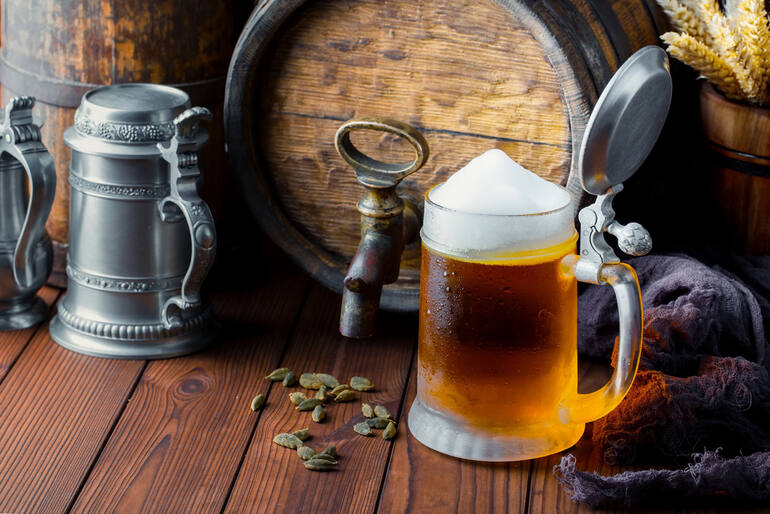For most homebrewers, brewing is part hobby, part science experiment, and part obsession. But after a dozen batches of pale ale, motivation can start to fade, especially when results plateau or brewing day starts to feel more like routine than craft. That’s where gamification comes in.
Gamification is the practice of applying game mechanics—like leveling, rewards, and randomness—to non-game activities. It’s what keeps players engaged in social games, like those powered by a funzcity promo code, and what can help inject new energy into your brewing process.
But does turning your brew days into a game actually improve your beer? Or just make it more fun?
What Is Gamification in Brewing?
At its core, the science of gamification is about incentives, you’re setting goals, tracking progress, unlocking achievements, and sometimes leaving outcomes up to chance. In the context of homebrewing, this might look like:
- Creating a “brew level” system to mark progress from extract to all-grain
- Using randomizers to pick hops or yeast strains
- Setting personal records (highest ABV, clearest beer, best judged batch)
- Competing with friends using blind tasting scores
- Rewarding yourself with new gear after brewing milestones
These small shifts can keep brewers engaged, spark experimentation, and help structure learning for newer hobbyists.
The Psychology of Play Meets Brewing
Brewing already has natural elements of progression. New brewers typically start with basic extract kits, then move into partial mash and eventually all-grain brewing. Equipment upgrades, recipe development, and fermentation control are all areas where you can “level up.”
Gamifying that process simply makes those milestones more visible and motivating. In fact, goal-setting and feedback loops, both central to gamification, are proven tools for increasing motivation and improving learning retention.
In brewing, this means more consistent experimentation, better record-keeping, and more thoughtful process improvements—all of which contribute to better results in the long run.
Randomness and Creativity: A Game Mechanic That Works
One of the more surprising benefits of gamification is that randomization, a mechanic often used in games to keep things fresh, can enhance creativity in brewing.
Try assigning numbers to ingredients (like hops or specialty grains), spinning a wheel, or using a random number generator to select elements for a new recipe. You may end up with odd combos, but you’ll also step outside your comfort zone and explore flavors you wouldn’t normally consider.
Even Brülosophy’s own “Short & Shoddy” series takes a similar spirit, testing what happens when rules are bent, and how much they truly matter.
Building a Gamified Brew System
Interested in trying it? Here’s how to start gamifying your brewing:
1. Track Progress Like XP
Create a log where each brew earns points based on complexity, originality, or feedback. After a set number of points, “level up” by upgrading gear, mastering a new technique, or tackling a more complex style.
2. Create Recipe Challenges
Use constraints or randomness to design new brews. Examples:
- “No More Than 3 Ingredients”
- “Only Use Hops You’ve Never Tried”
- “Brew a Clone Without a Recipe”
3. Reward Yourself
Set brewing goals (e.g., brew 10 batches this year, hit a 90% clarity rate) and reward yourself with something meaningful, like a new fermenter or even just a day off with your favorite beer.
4. Incorporate Social Play
Brewing doesn’t have to be a solo mission. Share your gamified challenges with other brewers. Organize blind tastings with scorecards, or even build a leaderboard with your homebrew club.
Does It Actually Improve the Beer?
There’s no scientific proof that gamification directly improves beer quality—but it does keep brewers engaged, encourages experimentation, and fosters consistent tracking. These behaviors are all linked to better brewing practices.
Much like in social gaming, the real value is in participation. A player who shows up regularly, experiments often, and pays attention to outcomes improves faster than someone stuck in a routine. That’s just as true in the brewhouse as it is on the leaderboard.








